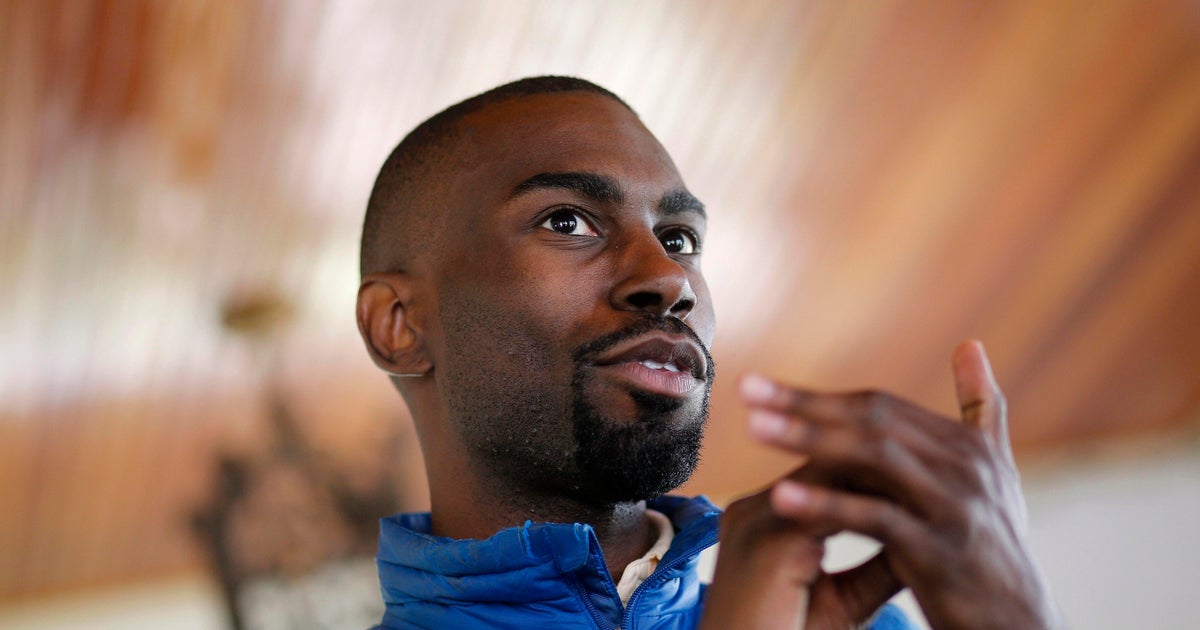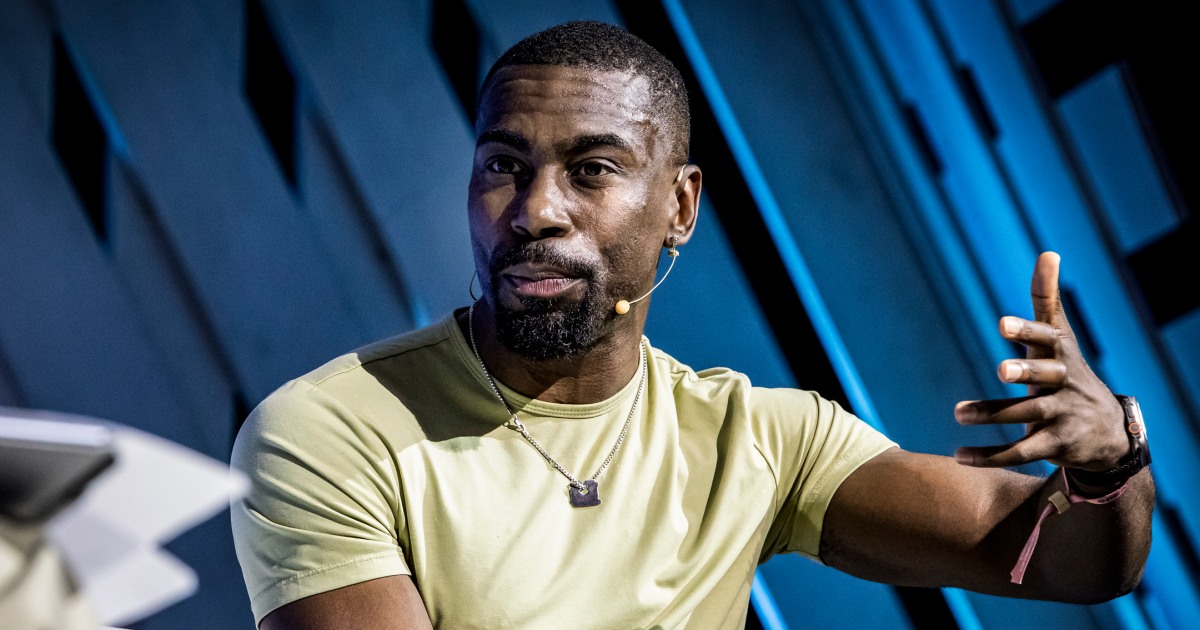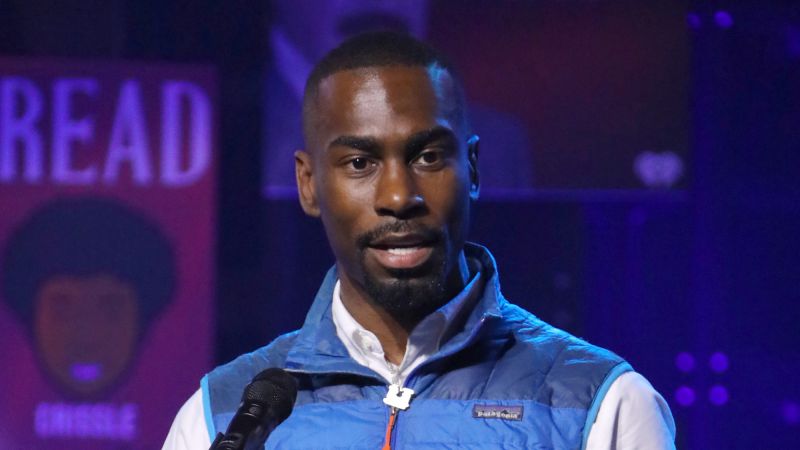SCOTUS Rejects BLM Activist’s First Amendment Appeal

The Facts
The US Supreme Court (SCOTUS) on Monday turned down an appeal from DeRay Mckesson, a Black Lives Matter (BLM) activist, who is facing a lawsuit from Louisiana police officer John Ford.
Ford sued Mckesson for negligence after a rock struck him during a 2016 protest organized by the activist. Ford's lawsuit claims that Mckesson should have known that his pre-protest actions could lead to violence.
The Spin
Left narrative
By refusing to weigh in on Mckesson's appeal, SCOTUS has effectively ended the right to mass protest in several states. The right-wing New Orleans-based Fifth Circuit green-lighted the legal attack on Mckesson for simply organizing a protest against police brutality. Instead of protecting him and other activists, SCOTUS has delivered a de facto endorsement of anti-First Amendment lawsuits. If activists are held responsible for the actions of protesters, racial justice campaigners will be left scared to organize protests for their rights.
Right narrative
No matter what BLM may say, Ford has the right to seek damages for the injuries he sustained during a violent protest. Since the person who threw a rock at his head couldn't be identified, Mckesson is ultimately responsible for the attack. This is especially true given that the activist paid no mind to the fact that such protests often turn violent, which means his negligence resulted in the injuries Ford suffered. Ford has the right to sue Mckesson.




